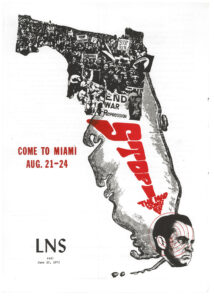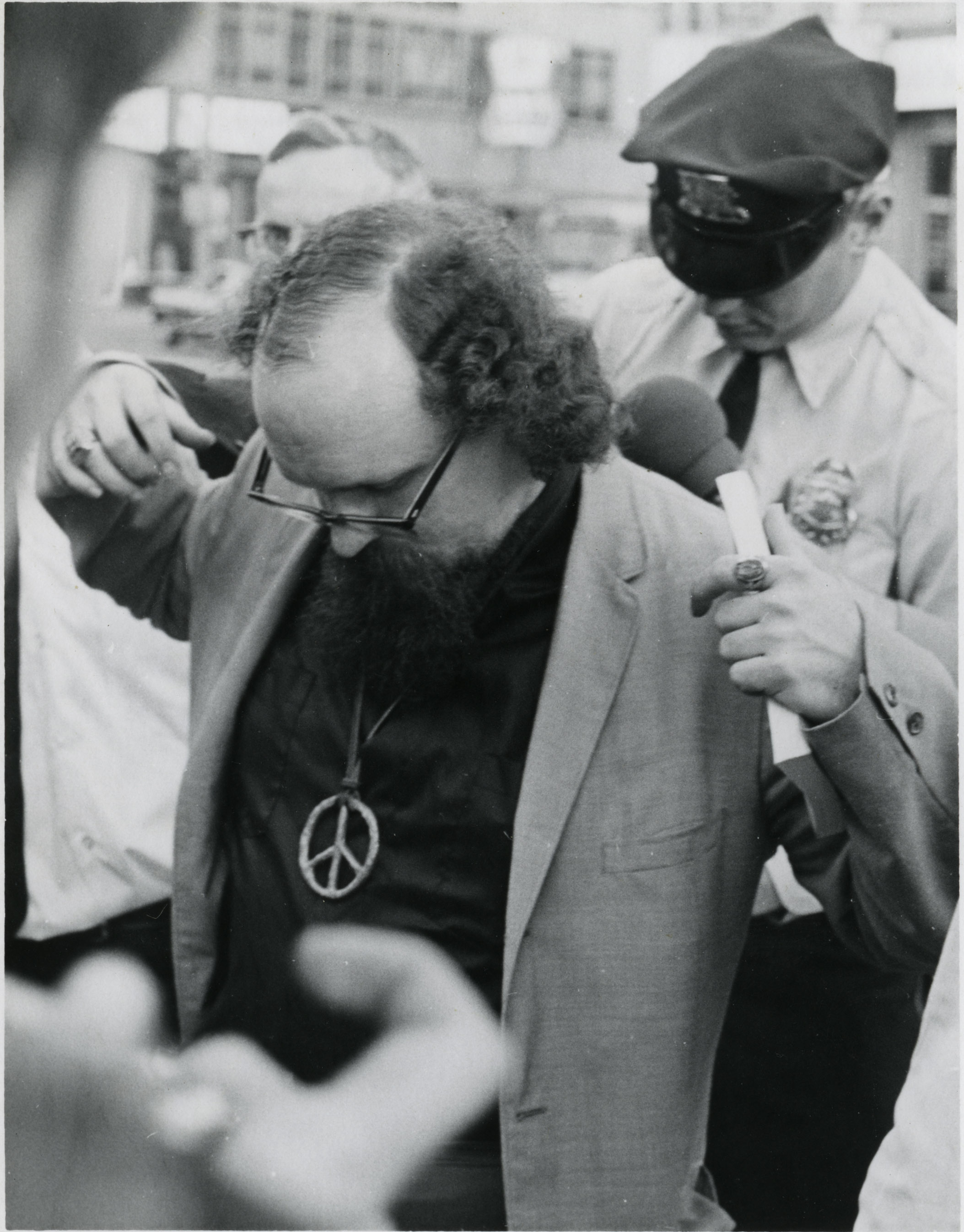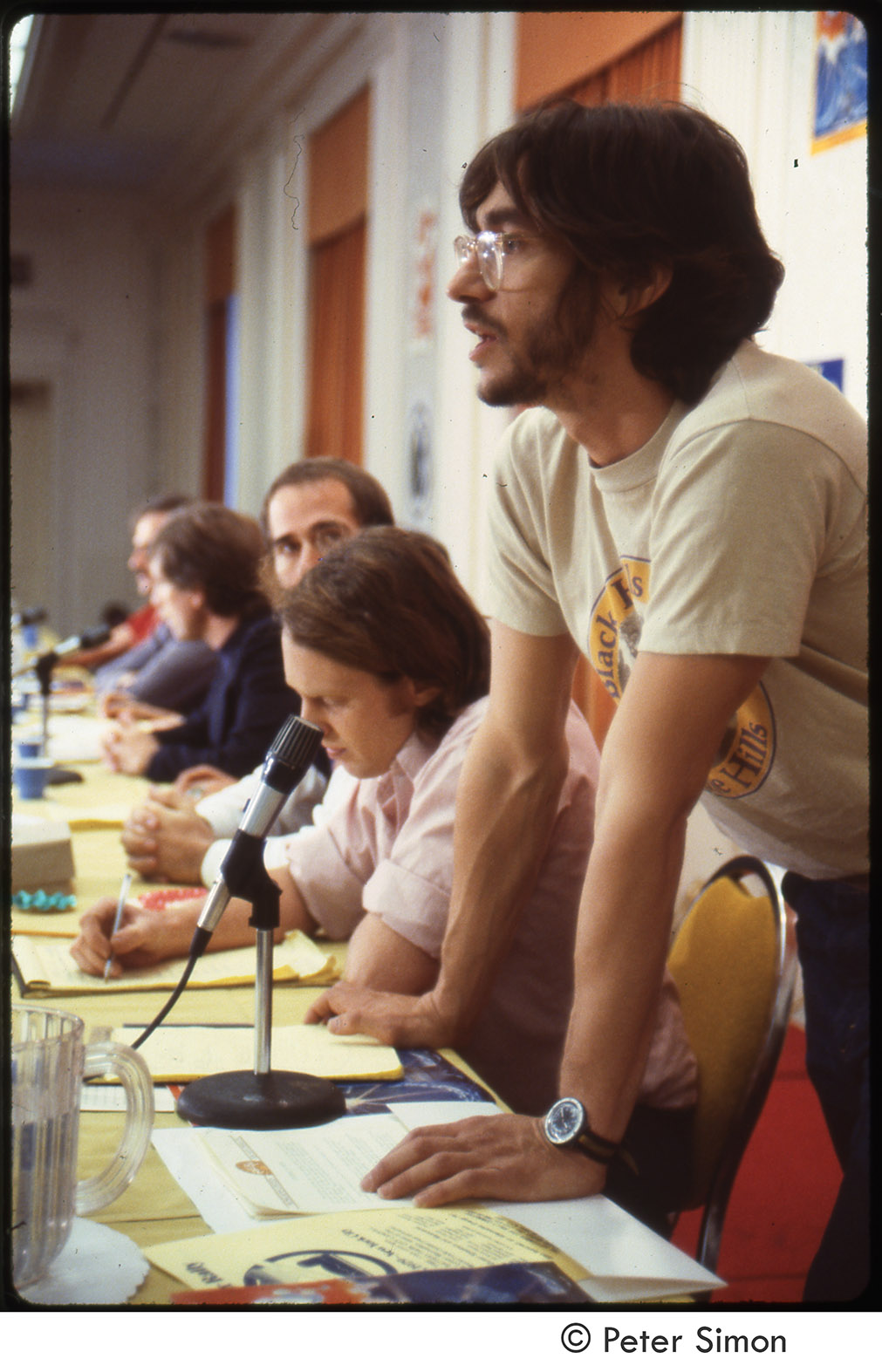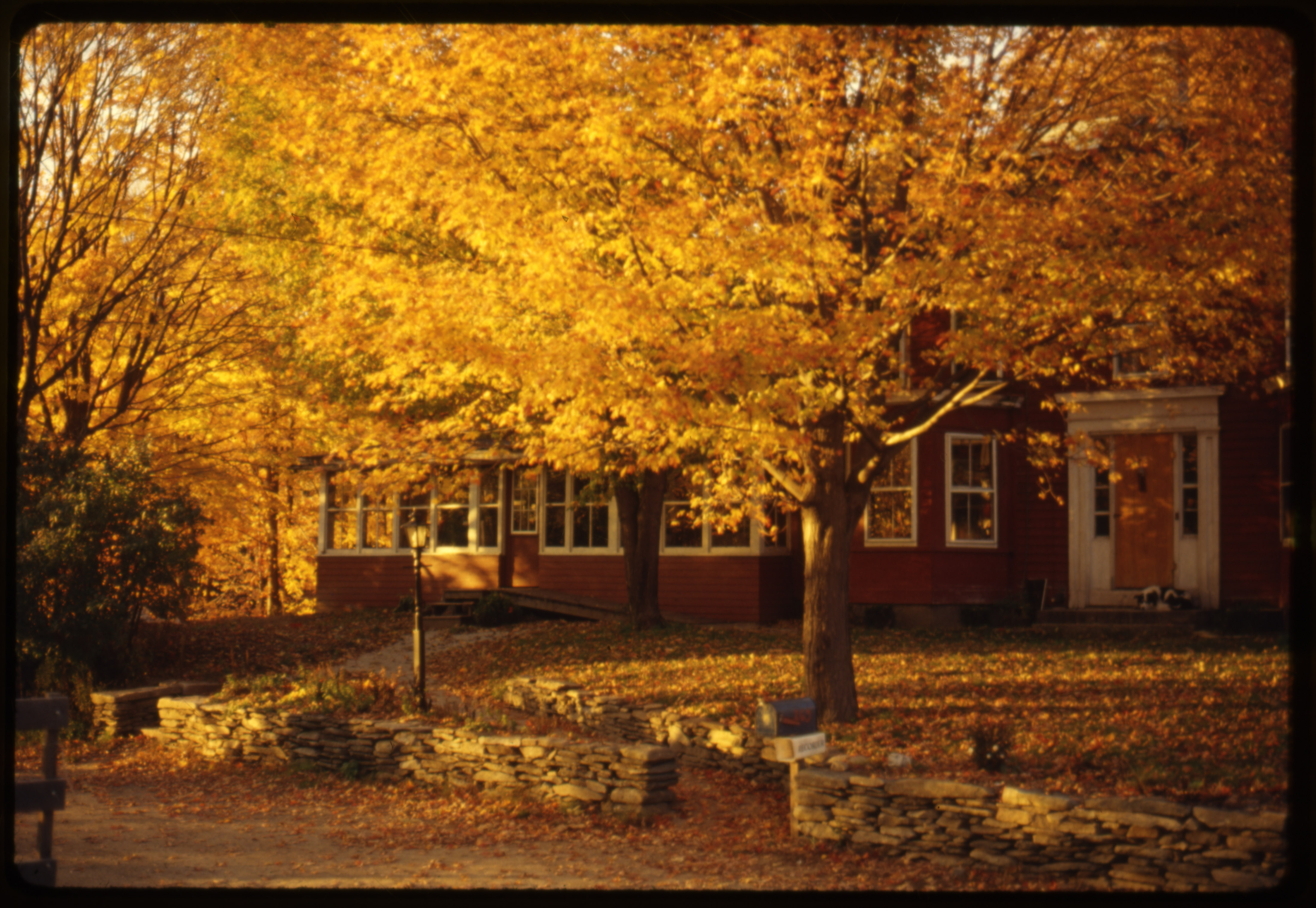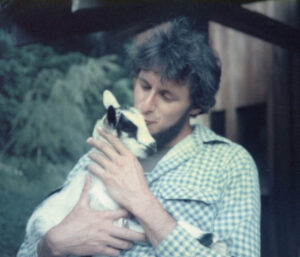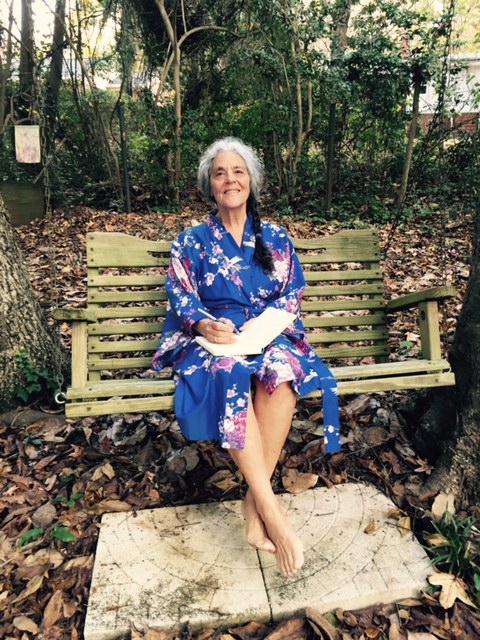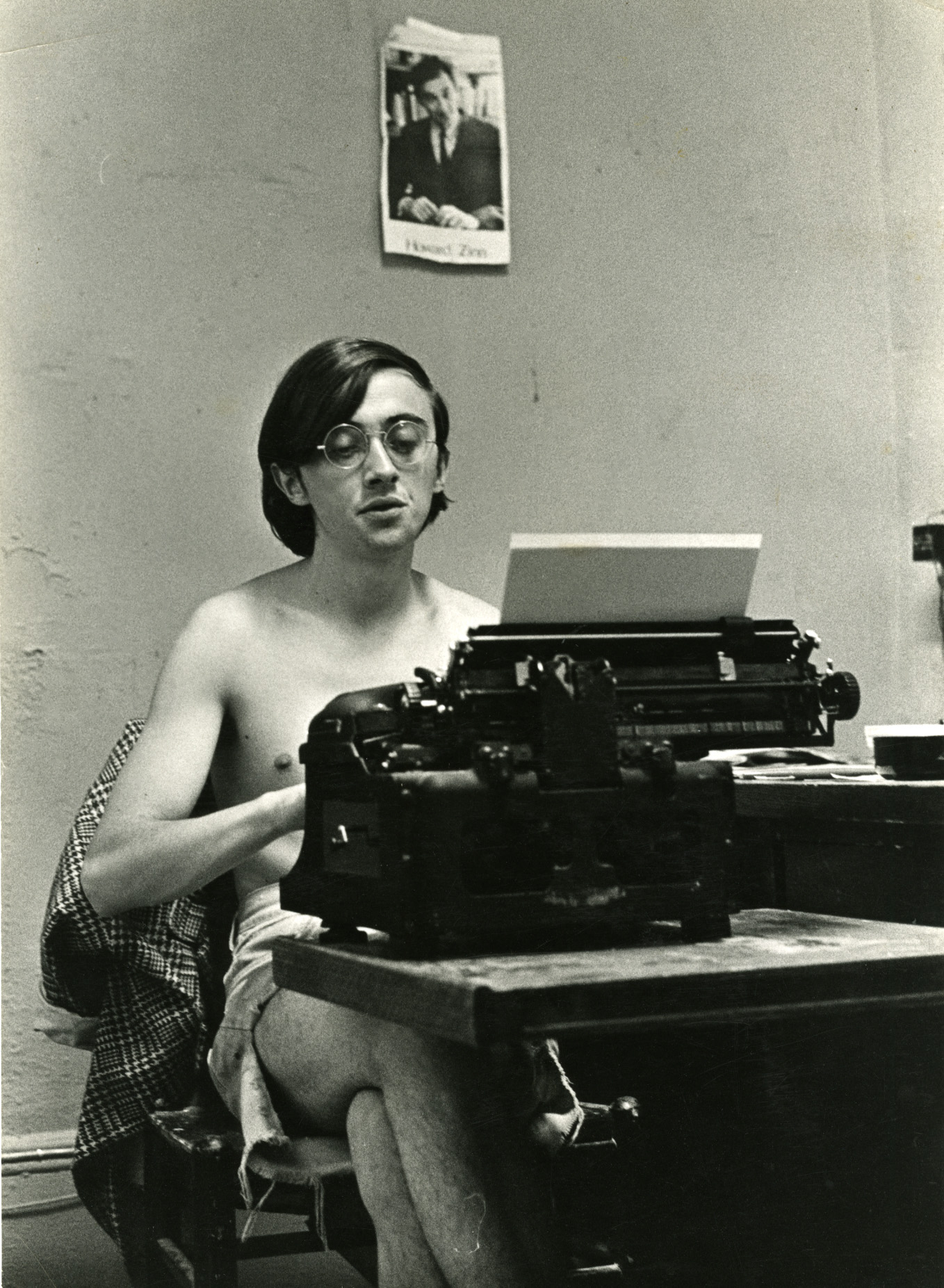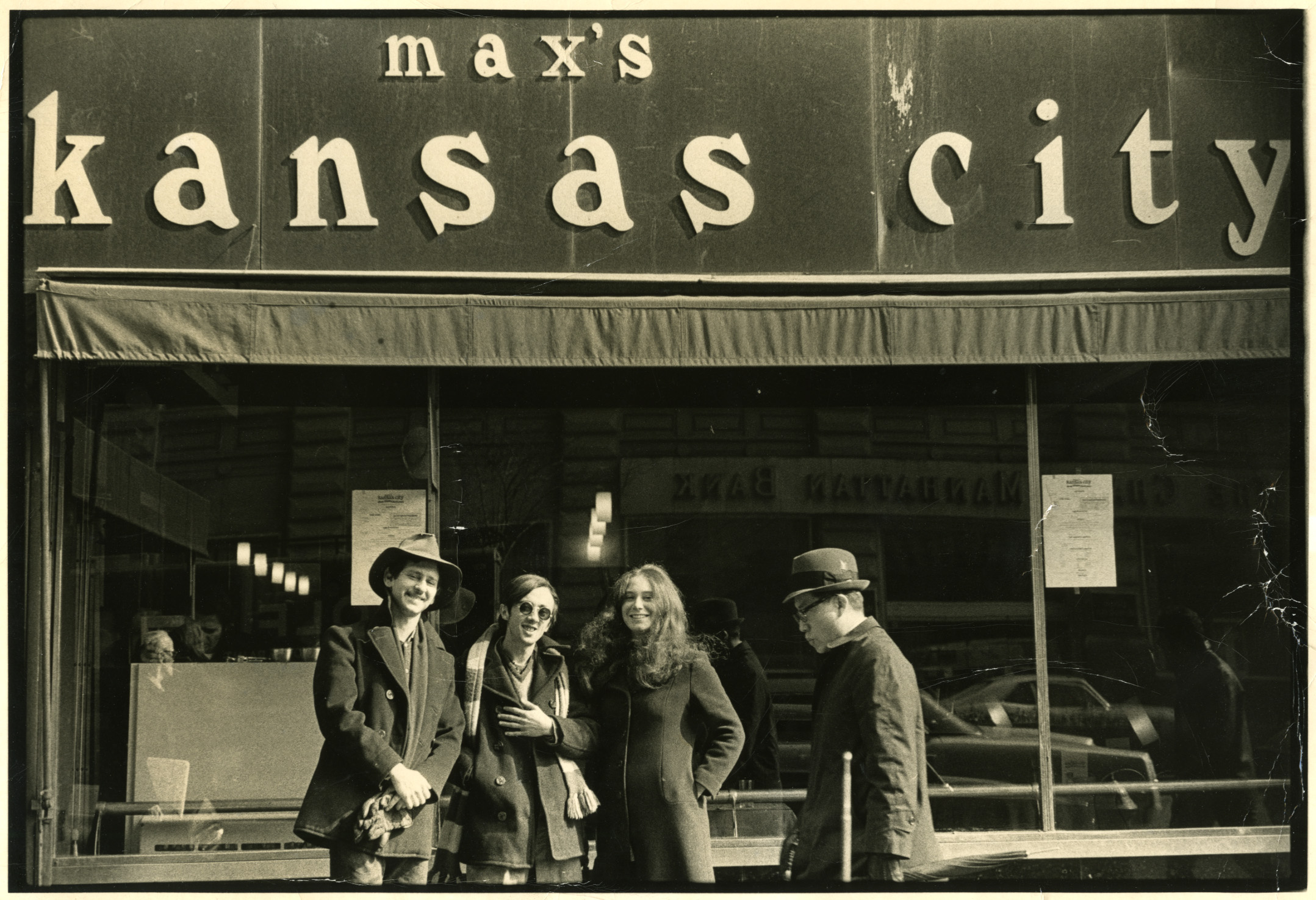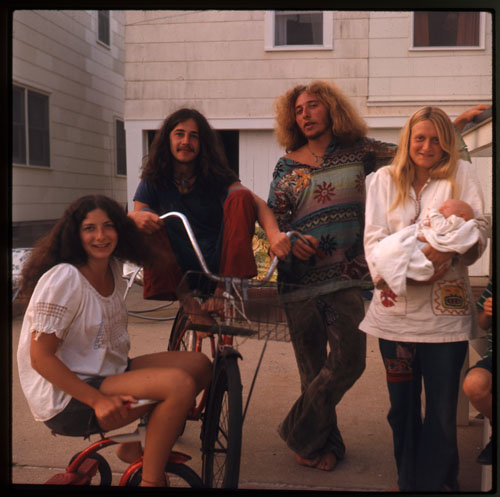Liberation News Service (New York, N.Y.) Records
Founded in 1967, Liberation News Service, an alternative news agency, issued twice-weekly packets aimed at providing inexpensive images, articles, and art reflecting a countercultural outlook. First from its office in Washington, D.C., and then from New York City, LNS provided underground and college papers around the globe with radical and unconventional coverage of the war in Vietnam, global liberation struggles, American politics, and the cultural revolution. Two months after moving to New York City in June 1968, LNS split into two factions, with the sides mirroring common points of dispute within the New Left. The more traditional political and Marxist activists remained in New York, while those more aligned with the counterculture and “hippie” movement settled on farms in western Massachusetts and southern Vermont. For a year each faction put out competing versions of LNS news packets, until the winter conditions and small staff at the farm in Montague caused their production to end in January 1969. LNS-New York continued its production of unique leftist coverage of national and international issues throughout the 1970s, closing in 1981.
The LNS-NY Records include a relatively complete run of packets 102-701 (1968-1975) sent to the subscribing underground press newspaper the Indianapolis Free Press. Some packets and years are more complete than others, and these New York packets are especially dense with photographs compared to earlier LNS packets from before the split in 1968. The collection also includes a small selection of other artwork, articles, and materials kept by the Indianapolis Free Press.

